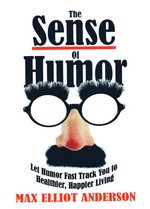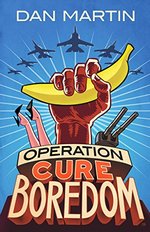 Coffee in Christian Ethics: A Guide to Not Being a Drip
Coffee in Christian Ethics: A Guide to Not Being a Drip
by Danielle Pollock & Joshua Torrey
Kindle Edition, 74 pg.
Torrey Gazette Publishing, 2017
Read: April 2, 2016

I know almost nothing about these authors, or their Twitter account of the same name — I bought this because a couple of people I follow on Twitter recommended the book during a pre-order blitz and because it sounded interesting. Score 1 for Social Media Marketing.
Here’s the official blurb:
The need for clear communication of God’s grace in the realm of coffee is great. Because we have been forgiven, we are to forgive. Because we have been given this foretaste, we must pass on this foretaste. It is the job of Christian ethics to pass on this small foretaste. If not in coffee quality, then at least through loving our neighbor with our coffee ethics. We must think of others and their coffee consumption before ourselves. We must consider their need for coffee as greater than our own. This requires us to have a thorough understanding of coffee and how to prepare it. We must rethink the importance of coffee in everyday activities as we focus on others.
Written by Danielle Pollock and Joshua Torrey, Coffee in Christian Ethics is a short introduction to the world of coffee. Filled with bad theology jokes, some snark, and real life stories, the goal of Coffee in Christian Ethics is to encourage Christians to use coffee in the various spheres of life as a way to love our neighbor.
At least of the introductions or prefaces or other filler at the beginning of the book used the word “satirical” — I think I missed that. Probably too subtle for my bourgeois brain and taste. This is a frequently condescending (although it goes to great pains to say it’s not) guide to coffee — beans, roasting, drinks, accessories, etc. — with a thin layer of Christianish language and application on top. Honestly, given the satirical nature of the work, I wasn’t sure how seriously I was to take that.
I found the use of “adult language” (to borrow a term from TV/Movie ratings) and casual attitude towards those things “whereby [God] makes himself known” (Third Commandment issues) enough to make me uncomfortable — if not more — to be found in a book on applied Christian Ethics.
Maybe I just didn’t get it — maybe I’m too dense for the humor, too uptight, too old-fashioned, too whatever. This could be the cleverest thing to come off the press since Fran Lebowitz’ Social Studies, but I just don’t think so. I’m going to give this 2 Stars out of charity and because it made me grin twice (also, some of the information about coffee was helpful) — but I wouldn’t recommend spending time on this one to anyone.
—–










